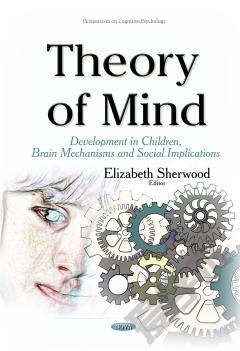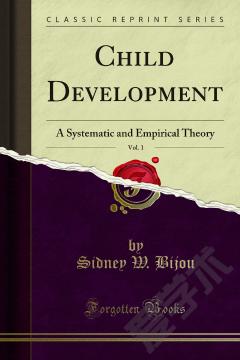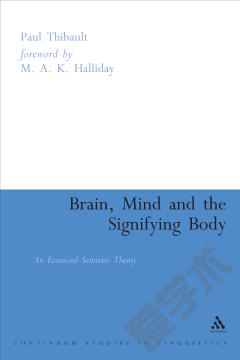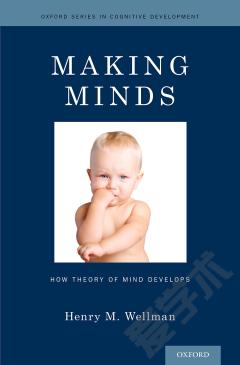Theory of Mind: Development in Children, Brain Mechanisms and Social Implications
We live at the dawn of a revolution in human interrelatedness. Technological advancements in communication demand interrelatedness not only with family, friends and colleagues but also with Facebook, Twitter and LinkedIn connections. Perhaps this demand has contributed to the resurgence of efforts toward unity across social divisions toward social justice. But even as forces for solidarity are at work in the world, forces against solidarity threaten our existence and some forces work both for and against solidarity. One such force is the very nature of our humanity and in particular the role of theory of mind (ToM) in our moral lives. Theory of mind is a term defining the ability of any animal to attribute mental states to itself and others, and to understand that conspecifics have beliefs, desires and intentions; and also that these may be different from one’s own. It is developed at the cross-section of epistemology, cognitive science and psychology and is also closely connected to other constructs such as meta-cognition, self-awareness; reflection, empathy etc. This book discusses the development in children, brain mechanisms and social implications of the theory of mind.
{{comment.content}}








 京公网安备 11010802027623号
京公网安备 11010802027623号